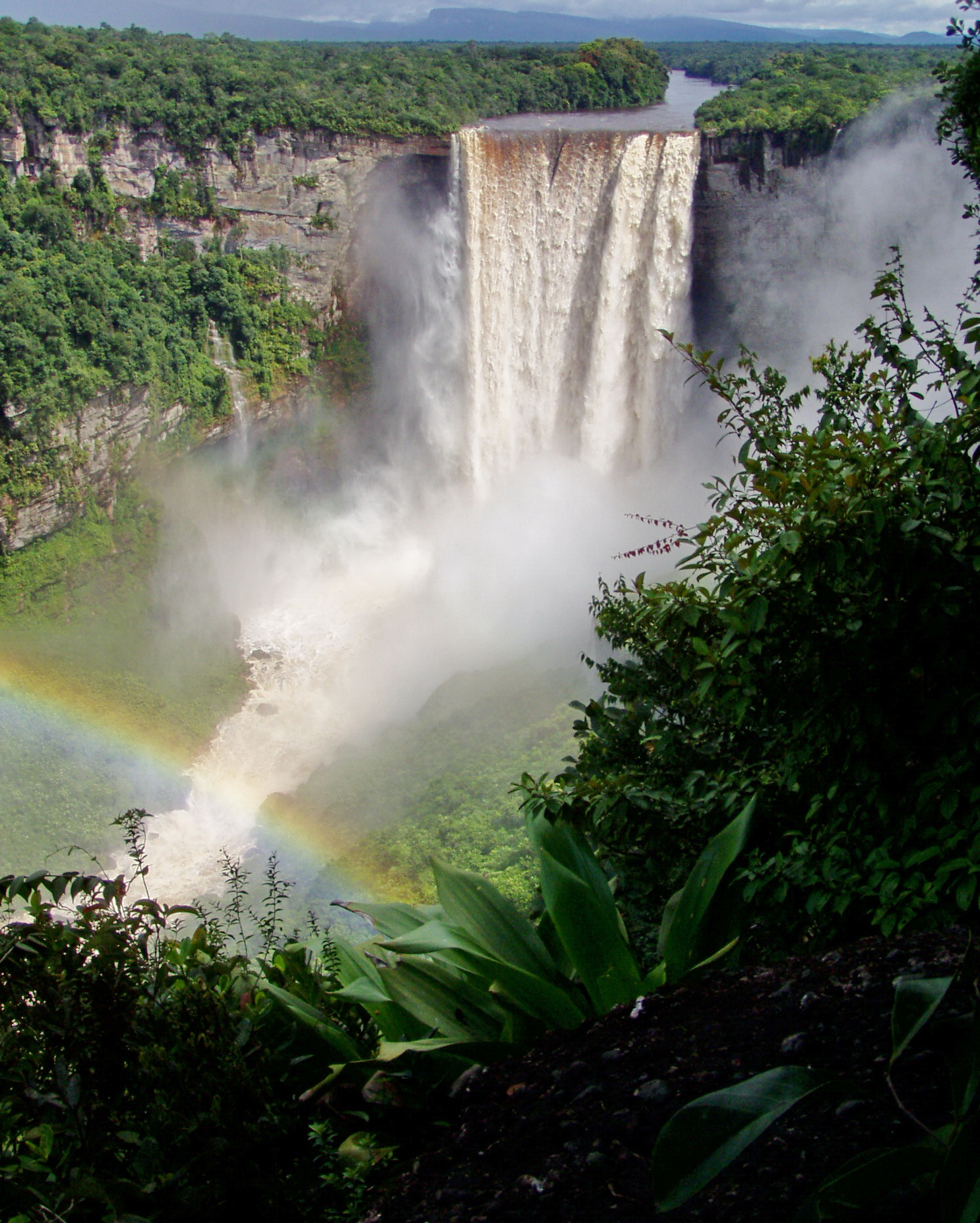While US and UK military strategists continue to learn lessons from the conflict in Ukraine, recent geopolitics events suggest they might need to keep an eye on somewhere completely different: Guyana.
This country, a sparsely populated former British colony on the northern coast of South America, has since 2015 been enriched by significant revenues from offshore oil. This has led to it recently receiving unwanted and envious attention from western neighbour Venezuela, which claims the land west of the Guyana’s Essequibo River: around two-thirds of Guyana’s territory.
The Venezuelan government of President Nicolas Maduro, which has been branded a dictatorship by opposition leaders and is presiding over a disfunctional economy with a 2023 inflation rate of around 500%, recently set up a controversial national referendum that on 3 December 2023 approved the takeover of the disputed Guyanan territory, which would also encompass the offshore oilfields. On 6 December Maduro effectively ordered the annexation of the land as a result, calling for the creation of a new state called ‘Guayana Esequiba’.
While Maduro’s whipping up of nationalist sentiment can be viewed in light of an upcoming re-election campaign, which has produced a strong showing from Venezuela’s political opposition, it also projects disturbing echoes from Argentinian history. A dire economic outlook in Argentina in 1981 led the country’s military junta of the time to distract the nation with an invasion of the Falkland Islands in April 1982, leading to the UK having to recover this overseas UK territory by military force in the Falklands War of that year.
Guyana gained independence from the United Kingdom on 26 May 1966 and officially became a republic within the Commonwealth of Nations in 1970. The Geneva Agreement, signed on 17 February 1966, was intended to peacefully resolve the territorial dispute between Venezuela and the United Kingdom prior to Guyana’s independence, but the Maduro regime has now taken it up as a nationalist cause, dismissing an 1899 ruling by international arbitrators that set the current border between the two countries.
The Guyana Defence Force (GDF), established in 1965, currently numbers around 4,150 personnel, according to its website, and would thus be wholly incapable of resisting an invasion by Venezuela, which has an army of around 95,000 regular personnel.
However, the GDF does have a strong military partnership with the US Army. In fact, the leaderships of the GDF and the US Army’s 1st Security Force Assistance Brigade (SFAB), a specialised unit established to advise and assist partner nations, met as recently as 27-28 November 2023. The meeting was used to discuss upcoming strategic planning sessions and processes to enhance both countries’ military readiness and capabilities to respond to security threats.
If Guyana were to come under threat from a Venezuelan mobilisation, the forces of US Southern Command (SOUTHCOM) would be most likely to respond.
SOUTHCOM is responsible for providing contingency planning, operations, and security co-operation in its assigned area of responsibility, which includes Central America, South America and the Caribbean.
While the British Army does maintain a presence in Belize, that is 3,500 km away in Central America and is effectively just a location for jungle warfare training.
In response to questions posed by ESD, a spokesperson for the UK Foreign, Commonwealth & Development Office replied on 6 December 2023, “The UK is clear that the border was settled in 1899 through international arbitration and we continue to support this decision. The UK is not a party to proceedings in the International Court of Justice between Venezuela and Guyana over the demarcation of their border. We urge the parties to resolve this issue peacefully.”

On 5 December the Guyanan president, Dr Mohamed Irfaan Ali, issued a statement that said of Maduro’s declarations, “This is a direct threat to Guyana’s territorial integrity, sovereignty and political independence, and in violation of fundamental principles of international law enshrined in the UN and OAS [Organization of American States] Charters. The measures announced [by Maduro] are in blatant disregard of the order given by the International Court of Justice on December 1, 2023. Guyana views this as an imminent threat to its territorial integrity and will intensify precautionary measures to safeguard its territory.”
Irfaan Ali said he would bring the matter to the attention of the UN Security Council and added, “Further, we have engaged CARICOM [the Caribbean Community and Common Market], the OAS, the Commonwealth and many of our bilateral partners including the United States of America, Brazil, the United Kingdom and France. The Guyana Defence Force is on full alert and has engaged its military counterparts including the US Southern Command.”





